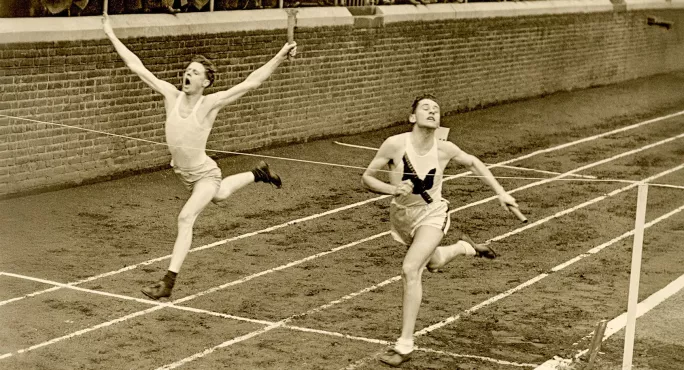Private school students in England no longer perform better in GCSEs than state students in the core subjects of English, maths and science when the results are adjusted for students’ socioeconomic background, according to new research.
But despite the gap closing in these core subjects, private students continue to achieve stronger results in arts subjects, such as music, drama and art, even after adjusting for socioeconomic background.
Researchers from University College London say the findings could have implications for parents deciding on the best education for their child, and raise questions about the relative strength of creative education in state-funded schools and the long-term effects of this disparity.
The analysis is based on GCSE results from state and independent schools from 2016-17.
In the study, published in the Cambridge Journal of Education, researchers used data from the UK Millennium Cohort Study, which follows the lives of 19,000 young people born across England, Scotland, Wales and Northern Ireland in 2000-02.
They examined the England sample to track information including family income, parental occupation status, home ownership, gender, ethnicity and geography, along with GCSE performance.
By accounting for these characteristics that are predictive of academic performance, the study aimed to understand performance differences over and above these factors.
Before adjusting, private school students achieved on average four-fifths (83 per cent) of a grade higher across all GCSE subjects, assuming eight were studied. Once socioeconomic status was accounted for, the researchers say this difference was close to, and statistically indistinguishable from, zero.
But when just the core subjects were considered, state schools had the edge after accounting for socioeconomic status, achieving on average two-thirds (66 per cent) of a grade higher than private schools in maths, two-fifths (41 per cent) of a grade higher in science subjects and a slight advantage in English of 17 per cent of a grade, although the researchers say this is not statistically significant.
Private schools maintained their edge in the creative subjects, scoring just over half a grade higher after accounting for socioeconomic differences.
Greater focus on core subjects in state schools
Researchers say these results stand in contrast to evidence from different phases of the education system - earlier, during primary school, and later, at age 18 - and in earlier cohorts, such as in studies of students born around 1990 who took their GCSEs in 2006, where private school advantage in academic performance was found, even after adjusting for socioeconomic status.
A greater focus in state schools on the core subjects of maths, science and English might partly account for the change in relation to GCSEs, the researchers said.
Professor Jake Anders, the lead author, from UCL’s Centre for Education Policy and Equalising Opportunities, said: “It has long been assumed that the private sector outperforms the state sector at GCSE level and raw data indicates just that. However, this doesn’t allow for the vast socioeconomic differences between private and state.
“Over the past two decades, state schools have increased their focus on the core subjects to deliver results, which is reflected here. There could also be several additional reasons why they have outperformed private schools, including a shift in focus for private schools at GCSE level.”
He added: “Private schools also have the resources to expose students to a rich variety of cultural experiences, which could go some way to explain why they produce stronger results in the creative subjects.”
For the latest education news and analysis delivered every weekday morning, sign up for the Tes Daily newsletter




